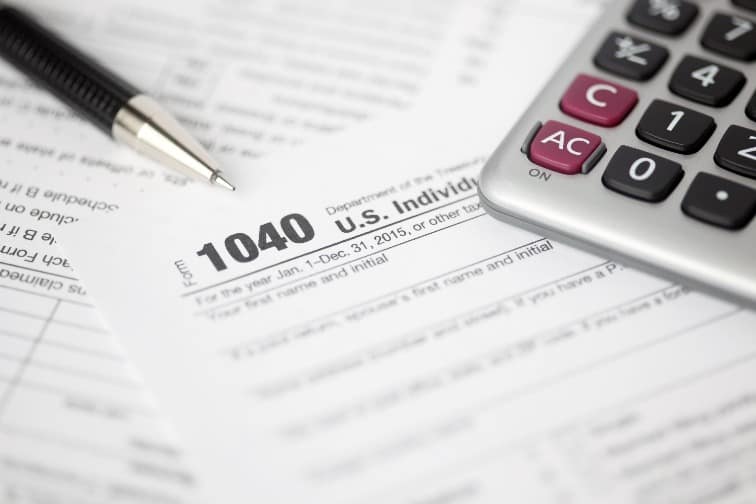Do You Pay Taxes On Veterans Benefits?
Have you just started receiving veterans benefits through the Department of Veterans Affairs (VA) and are wondering if you will have to pay taxes on them? Well, the answer is sometimes. Some of the benefits programs through the VA are taxable, while other programs are entirely exempt from taxes. Veterans benefits are a broad category of many different programs such as health care, pension payments, disability compensation, home loans, and education assistance.
In this article, we will break down which VA benefits are taxable and the programs that are not taxed at all. Veterans need to know how these programs can affect their tax status with the IRS to avoid fines or prosecution for unpaid dues. The VA offers a wide variety of Veterans benefits to aid in the transition back to civilian life while providing all the necessary services to maintain a healthy and comfortable lifestyle.

Are Military Pensions Taxed?
If the veterans receive a monthly pension payment for their time spent in the U.S. Military, those pension payments are fully taxable and should be reported to the IRS annually. Pension payments are often determined by length of service, age, and other factors to do with their services, such as the onslaught of illness or injury caused by active duty, active duty training, or inactive duty training.
Military pensions are not taxed if the pension is paid to a surviving spouse, parent, or dependant children. If you are a surviving dependent, spouse, or parent of a veteran killed in action or otherwise died due to their service, your pension payments are not taxed and do not need to be reported to the IRS.
Are Disability Benefits Taxed?
All disability benefits provided to eligible Veterans are completely untaxed and are not regarded as income to the IRS. If a Veteran ends up having their disability rating raised by the VA, they may qualify for a tax refund starting the year the rating was adjusted. The combat-injured Veterans Tax Fairness Act of 2016 was enacted to provide tax refunds to Veterans who had their taxes previously withheld from their monthly disability severance payments.
Untaxed disability benefits for Veterans include disability compensation and pension payments for themselves or their family and grants for appropriate equipment such as wheelchairs and alterations to one’s home.
Are Education Benefits Taxed?
No, all education benefits through the Post 9/11 GI Bill and Montgomery GI Bill are entirely untaxed. Through the Post 9/11 GI Bill, all programs are untaxed and are not included as income when filing with the IRS. These two bills are specifically designed to aid veterans in higher education and the costs associated with college and training courses.
Some of the tax-free benefits available to Veterans include tuition fees, undergraduate and post-graduate studies, books, housing, tutor fees, and much more! If a Veteran plans on claiming additional education credits when filing their taxes, they must first subtract the amount the VA provides for education assistance.
VA Home Loan Tax Deductions
Not only are home loans through the VA untaxed, but Veterans may also claim deductibles based on their home loan agreement. Veterans can typically claim deductions for interest payments, discount points, closing fees, and origination fees. Veterans and service members can write off 100% of their interest payments based on their mortgage loan. Because early mortgage payments are heavily based on interest rates, this can save Veterans and service members thousands of dollars come tax season.
Often, the VA will convince the home seller to cover the closing costs and concessions when purchasing a home with a VA-backed loan. Although the Veteran or service member did not pay these fees, they are still tax-deductible at the end of the fiscal year.
Tax Help
If you are confused about which benefits you receive require reporting to the IRS, be sure to contact the VA tax hotline or get in touch with a tax professional through the IRS. The IRS has a team of tax experts on standby to help veterans with the tax filing process. The VA works directly with the IRS to agree about which benefits are taxed and which ones are not taxed.
For more information regarding your tax responsibilities, visit your local VA office or visit the IRS or U.S. Department of Veterans Affairs website. It’s essential to have all the necessary information come tax season not to incur additional charges or fines.



